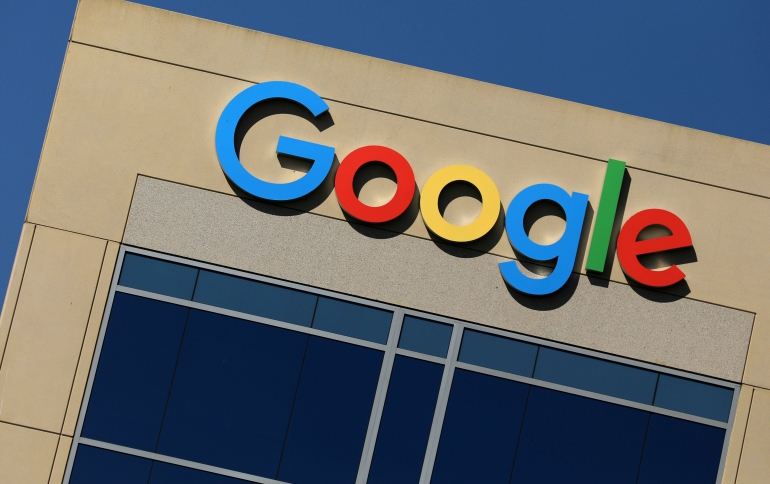
Google's Rivals Seek Tough EU antitrust Action
Google's competitors urged the European Union's antitrust watchdog Tuesday to reject the Internet giant's proposed concessions on displaying search results.
"Google has made its proposals to the European Commission to remedy its abuses of dominance. It says those proposals are "meaningful and comprehensive, providing additional choice and information." Google's statement is a glittering generality, without any substance. The reality is unfortunately quite different, because Google?s proposals would further stifle competition. In short, it would be better to do nothing than to accept Google's proposals," said Thomas Vinje, Counsel and Spokesman for FairSearch Europe. FairSearch is a group of 17 companies including Microsoft and TripAdvisor.
The European Commission has been investigating whether Google is abusing its dominant market position and stifling competition.
Google has offered to more clearly label search results stemming from its own services to allow users to distinguish between natural search results and those promoted by Google. It also agreed to display some search results from its competitors and links to their services.
But competitors say the two months have shown that the way Google would label and display its own offerings to distinguish it from rivals' content actually favors Google.
"Google's proposed solution would simply allow Google to continue prominently to display its own related services in the prime real estate of the page. Links to competing sites would be included, but in a manner that is designed to dissuade users from clicking on them. Moreover, the sites of some of Google's main competitors - some of the most recognised brand names - are explicitly excluded from the proposal. Those competitors that do qualify for inclusion are almost entirely dependent on Google?s discretion and in some cases need to pay in order to be featured. Google's proposal would turn a competition abuse into an additional revenue stream for Google. Far from solving the Commission's competition concerns this proposal will raise competitors' costs, limit choice and cement Google's anti-competitive behaviour. Consumers deserve better," Vinje said.
It might take several months before the EU Commission announces its decision on the case. Google was able to settle a similar antitrust complaint on its search business with the FTC in January without making any major concessions on how it runs its search engine.
The European Commission has been investigating whether Google is abusing its dominant market position and stifling competition.
Google has offered to more clearly label search results stemming from its own services to allow users to distinguish between natural search results and those promoted by Google. It also agreed to display some search results from its competitors and links to their services.
But competitors say the two months have shown that the way Google would label and display its own offerings to distinguish it from rivals' content actually favors Google.
"Google's proposed solution would simply allow Google to continue prominently to display its own related services in the prime real estate of the page. Links to competing sites would be included, but in a manner that is designed to dissuade users from clicking on them. Moreover, the sites of some of Google's main competitors - some of the most recognised brand names - are explicitly excluded from the proposal. Those competitors that do qualify for inclusion are almost entirely dependent on Google?s discretion and in some cases need to pay in order to be featured. Google's proposal would turn a competition abuse into an additional revenue stream for Google. Far from solving the Commission's competition concerns this proposal will raise competitors' costs, limit choice and cement Google's anti-competitive behaviour. Consumers deserve better," Vinje said.
It might take several months before the EU Commission announces its decision on the case. Google was able to settle a similar antitrust complaint on its search business with the FTC in January without making any major concessions on how it runs its search engine.




















